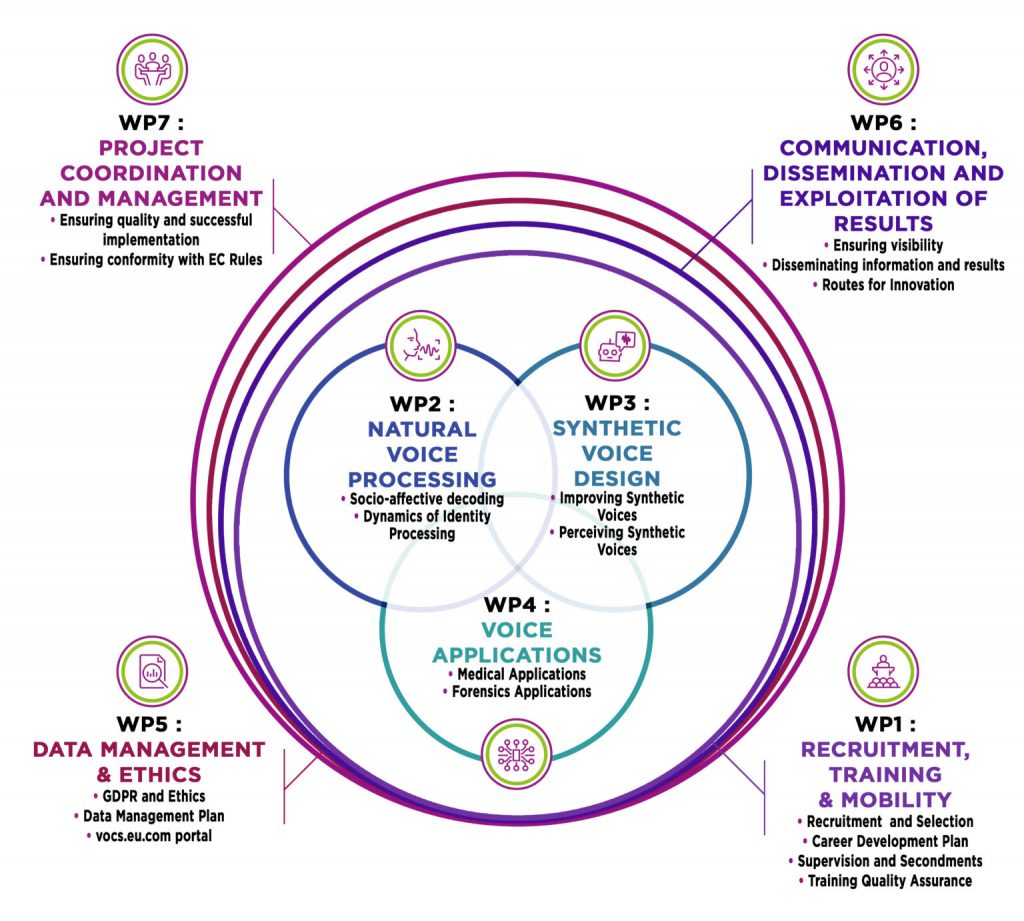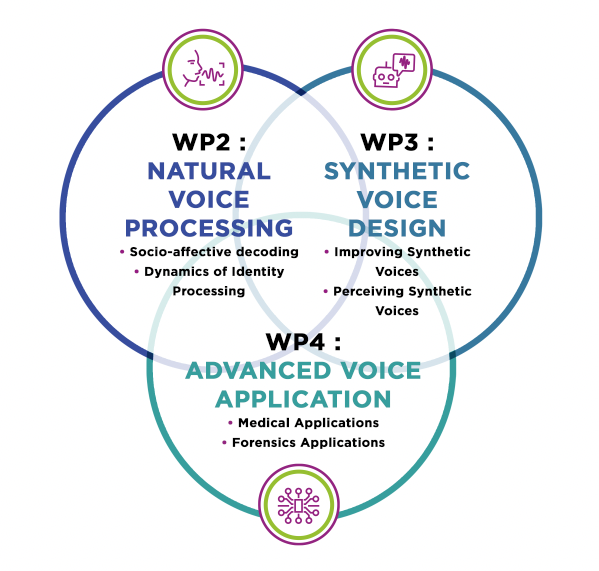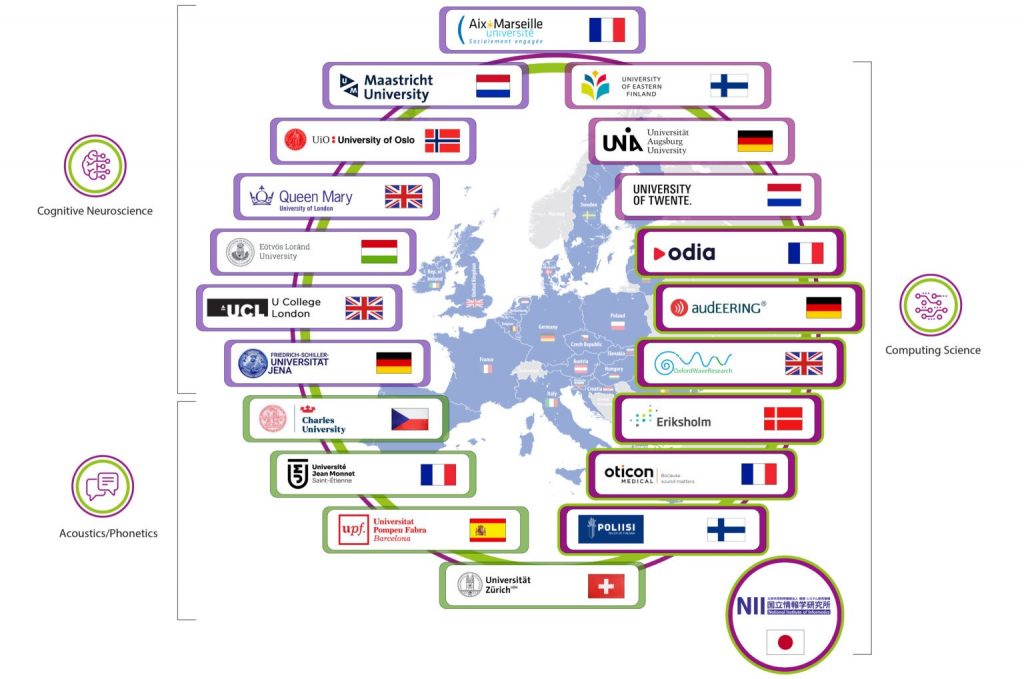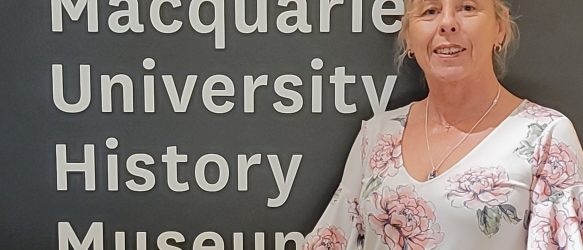The Voice Communication Sciences (VoCS) project is an ambitious interdisciplinary project in which PhD students will explore the voice from multiple angles. The project will provide the students with a comprehensive training program based on applied linguistic research. A consortium of 21 academic and industrial partners, including CU FA, will collaborate on the project.
The project is part of the European Marie Skłodowska-Curie Actions Doctoral Networks (MSCA DN) programme and is coordinated by Aix-Marseille Université. The project leader for CU FA is Associate Professor Radek Skarnitzl from the Institute of Phonetics at CU FA.
VoCS aims to equip nineteen PhD students with interdisciplinary expertise in cognitive neuroscience, acoustics, phonetics, and computing technologies. The initiative focuses on three scientific goals: improving understanding of natural voice processing, developing more natural and adaptable synthetic voices, and incorporating this knowledge into applications beneficial to health and forensic science. The project seeks to advance scientific knowledge and significantly expand the voice technology industry by creating a skilled workforce that would lead future innovations.


The idea to create a doctoral network was conceived during the first VoiceID conference held in Zurich, Switzerland, in 2022. Since Switzerland is not part of the European Union, the Aix-Marseille Université took over the coordination of the project. “Speech and voice communication are perhaps what defines us best as human beings, which is why the project touches on the very essence of our lives,” Assoc. Prof. Radek Skarnitzl explains. “But some aspects of this essence are still not well explored – for example, socio-affective information and information about the identity of speakers stored in their voice. Today, we commonly encounter artificial voices, including so-called deepfake voices, which is another topic that some institutions in the project will address. Other strands are concerned about the further improvement of cochlear implant technology so that people with hearing impairment get a better audio representation of the speech signal.”
PhD students will visit the partner universities with the consortium as part of their studies. Although the students will have a primary supervisor, they will have to spend several months of their three-year study at another university and one of the industrial partners. “I believe I can say that we have earned our place in the consortium thanks to our high-quality research work, particularly in forensic phonetics. Therefore, a PhD student originally from, for example, Queen Mary University of London will visit CU FA. Since part of the project is organizing workshops by some consortium members, the students will travel extensively between the respective institutions,” doc. Skarnitzl says.









